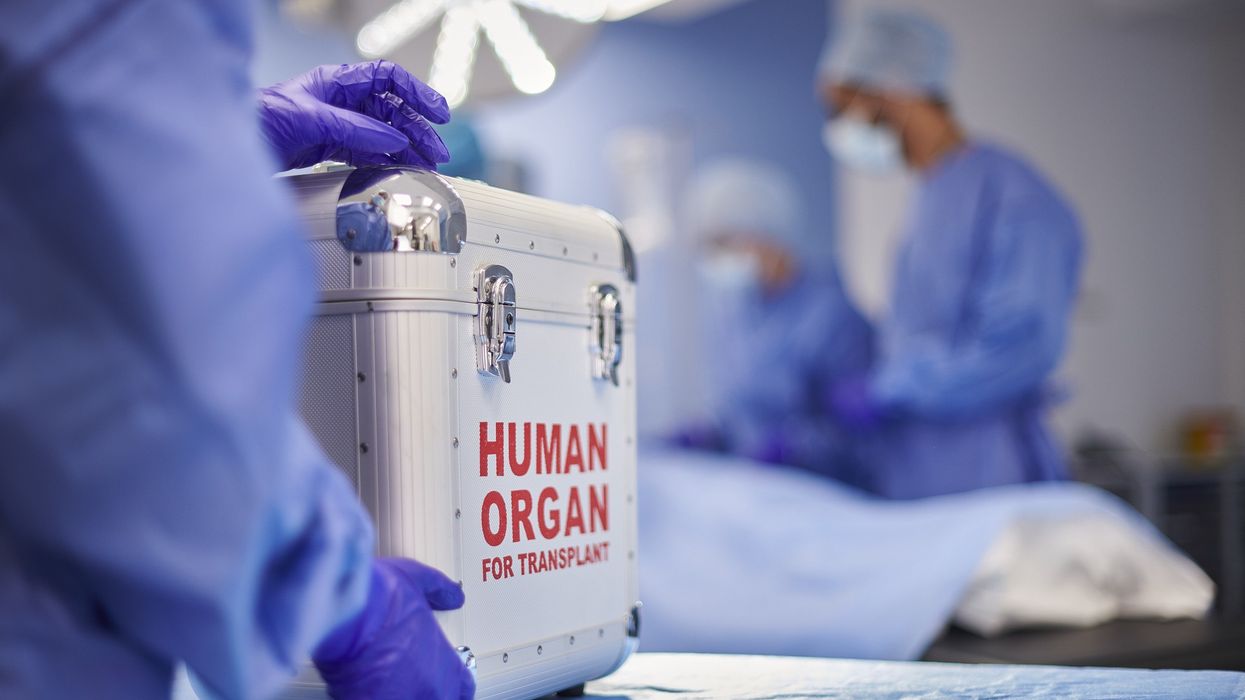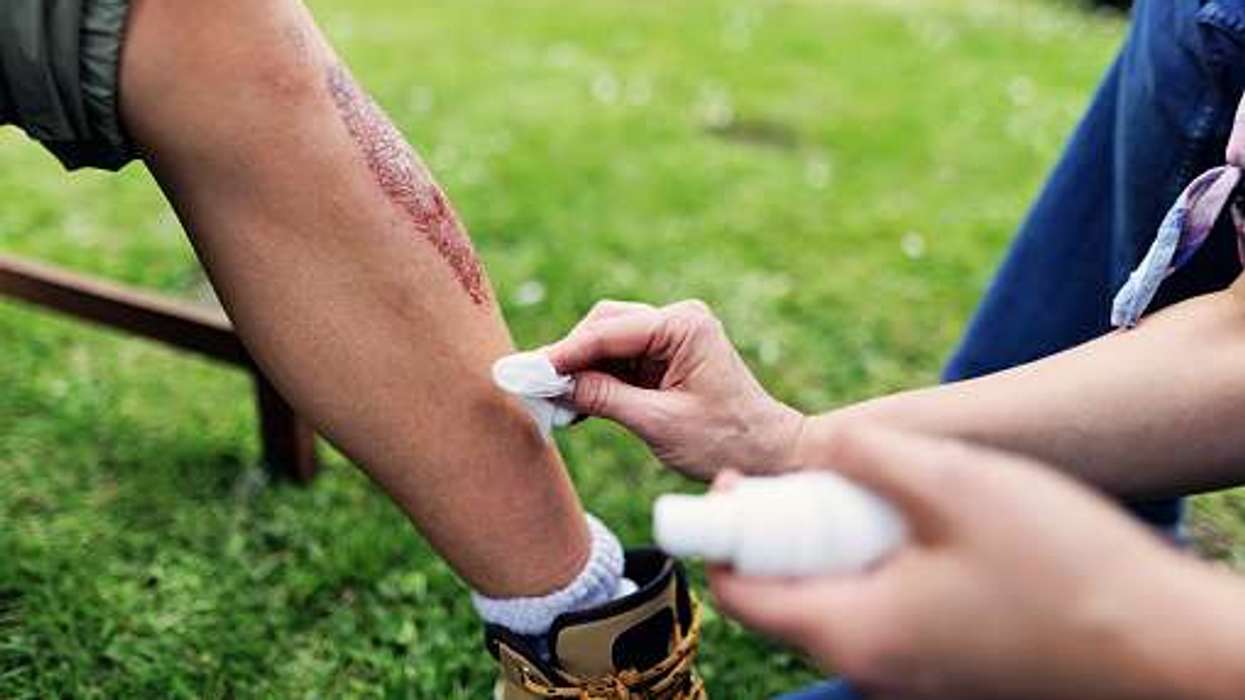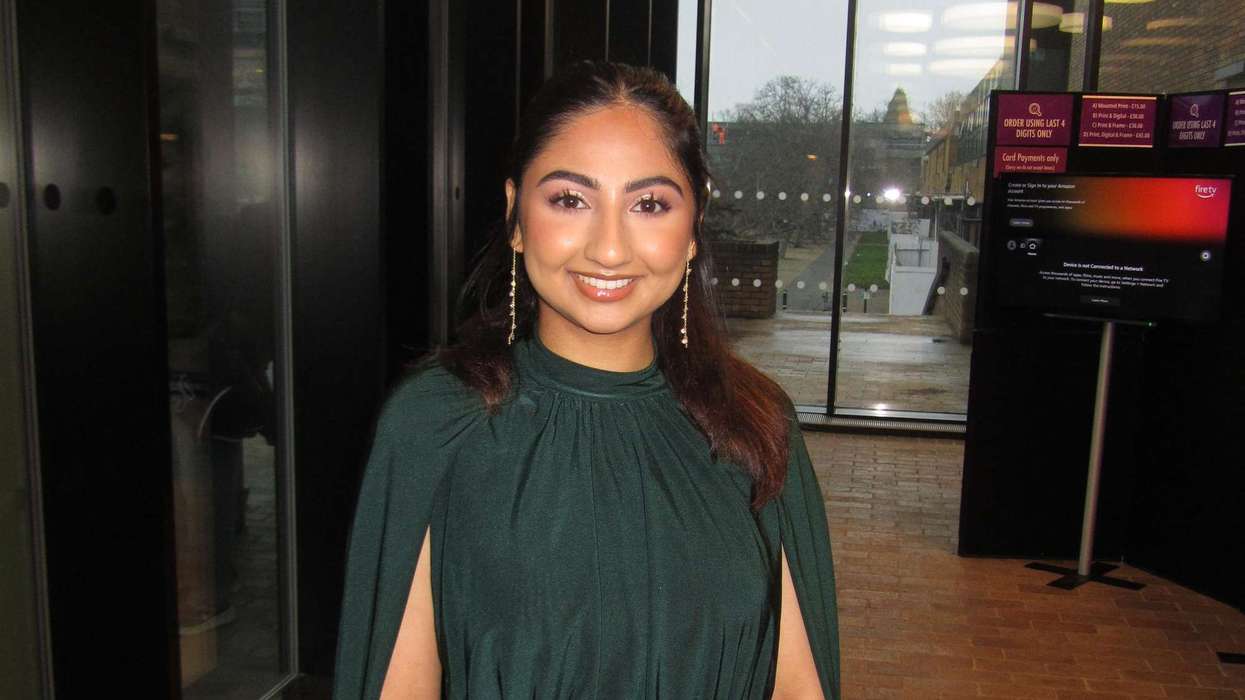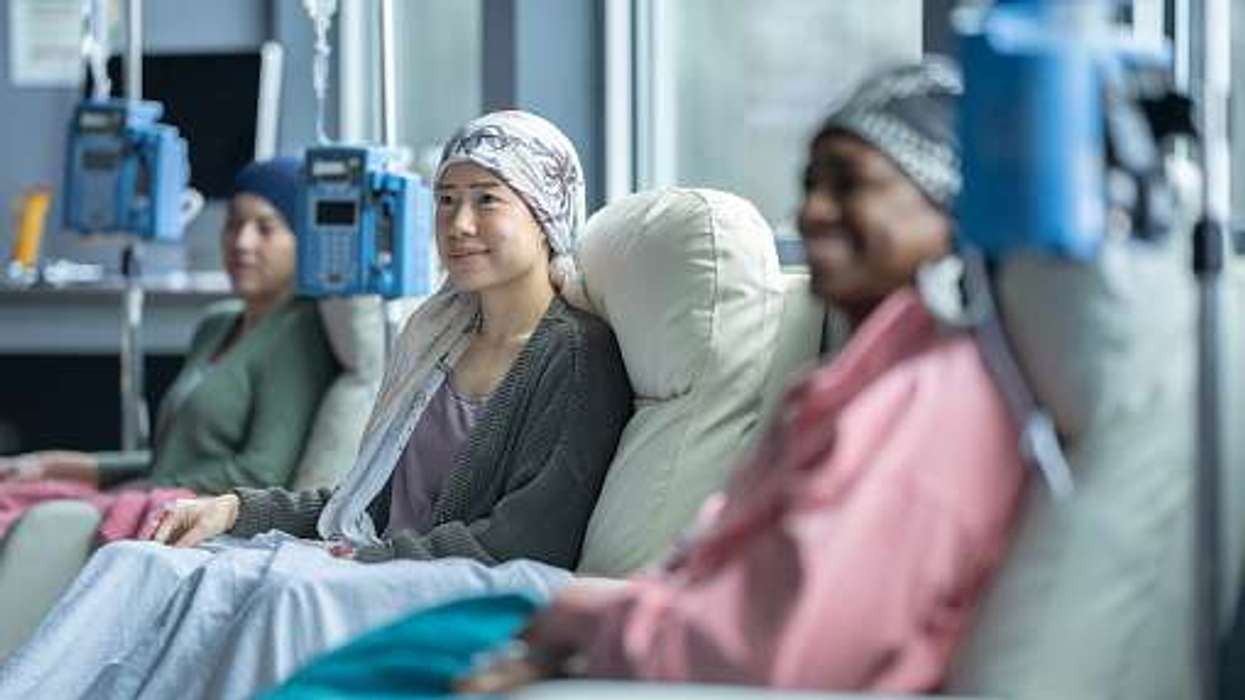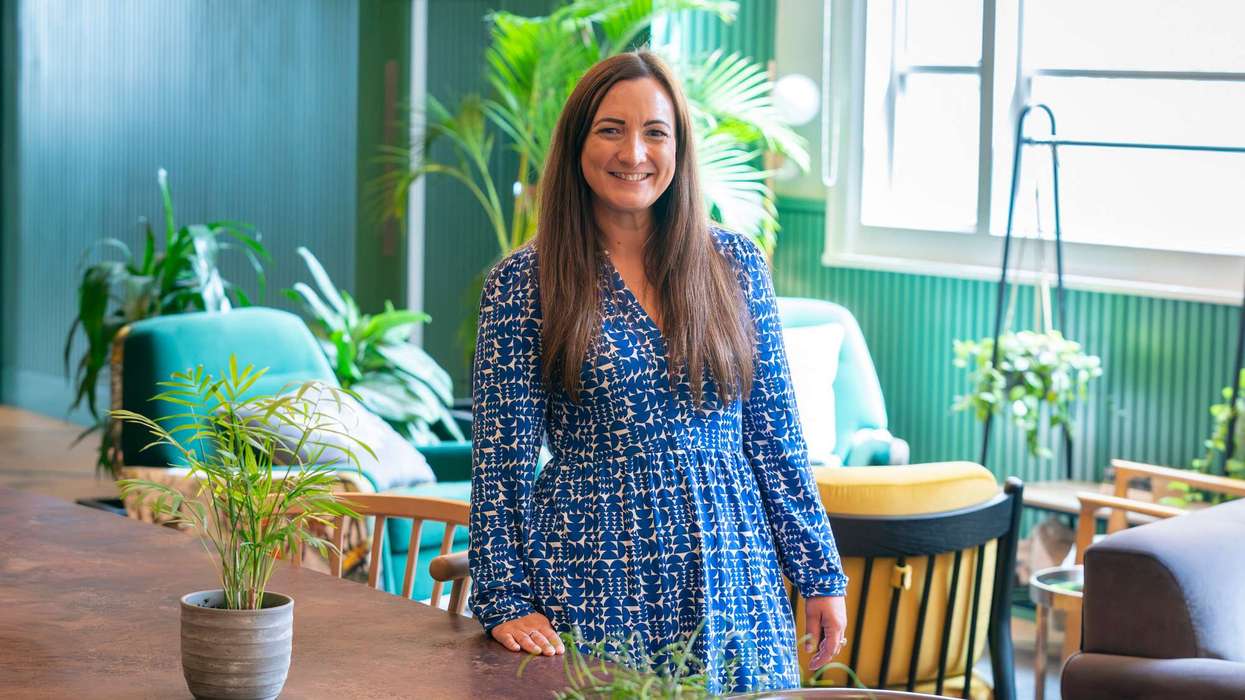Key Summary
- People of South Asian heritage needing kidney transplants have to wait several months longer than white patients
- The best organ match is possible if the patient and donor hail from the same ethnic background
- However, four out of five organs transplanted into Asian heritage patients come from white donors
- A kidney donated by a living donor provides better outcomes
The NHS is urging the members of the Asian community to come forward to donate organs, as the need for more donors from the community continues to grow.
Around 1,400 Asian patients are currently awaiting an organ transplant - the highest number for a decade, out of which 1,200 need kidney transplants.
People of South Asian heritage have a significantly higher risk of developing kidney failure compared with other ethnic groups.
For a suitable kidney transplant, they wait several months longer than white patients.
The best organ match is possible if the patient and donor hail from the same ethnic background.
But, currently, four out of five (80 percent) organs transplanted into Asian heritage patients come from white donors.
Hence, the NHS Blood and Transplant is urging more donors from the Asian community to register their decision to donate organs and save lives.
NHS is urging Asian families to use South Asian Heritage Month (18 July to 17 August) as an opportunity to discuss organ donation and sign up with the NHS Organ Donor Register.
A living donor, such as a family member - who is most likely to be a match - a friend, or someone they don’t already know, can give one of their healthy kidneys to someone in need of a transplant.
A kidney donated by a living donor provides better outcomes.
Studies have shown that the average patient survival at 10 years is 90 percent with a living donor transplant, compared with 75 percent after a deceased donor transplant.
People who donate a kidney can live long, healthy lives with a single kidney.
NHSBT’s director of organ and tissue donation and transplantation Anthony Clarkson said, “While there has been an overall decline in the number of people in the UK registering their decision to donate, encouragingly there has been a rise in the proportion of people of Asian heritage confirming their decision on the NHS organ Donor Register over the past five years.
“Of those that reported their ethnicity, just over 8,000 Asian people registered their decision to donate in 2023/24. However, we need this trend to continue to help save more lives.”
The South Asian Heritage Trust co-founder, Jasvir Singh, CBE, said, “By becoming organ donors, we create new routes to hope, healing, and life for others.
"It is a form of giving back to others after we have moved on, and one of the most meaningful ways we can honour our roots while shaping a more compassionate future.”
A kidney donor's account
Azeem Ahmad (39) from Newcastle, who in 2019 donated his kidney to a transplant patient he didn’t know, said, “I knew there was a massive underrepresentation of Asian transplant donors so when I heard about an appeal for kidney donors it triggered something in me to go for it.
“I would never do anything that would put me at risk and the more I researched about organ donation, and that I can go on with my life afterwards, the more sense it made – it was a logical decision to save someone’s life."
He urged the people to read more about the organ donation process and have an informed conversation.








